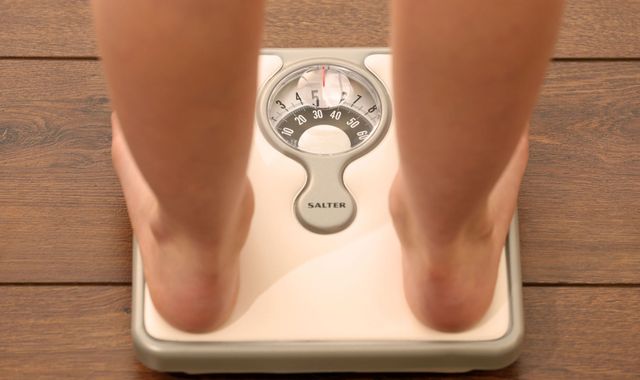What are the key life events that cause us to put on weight?
Written by News on 20/01/2020
Going to university, getting a job and becoming a parent are key life events that cause people to put on weight, experts have said.


University of Cambridge academics analysed dozens of studies to find out the key times people put on weight, and noted exercise levels often drop at the same time.
The first set of six studies looked at weight gain in mothers over several years compared with women who remained childless.
A woman of average height (5ft 3in) who had no children gained around 7.5kg (16.5lb) over five to six years, while a mother of the same height put that on plus an extra 1.3kg (2.9lb).
One study looked at the impact of becoming a father and found no difference in change in body mass index (BMI).
Evidence on exercise was scant, but did show that mothers and fathers tended to do less exercise than people who were childless.
The experts, writing in Obesity Reviews, wrote: “Becoming a mother is associated with 17% greater absolute BMI gain than remaining childless.
“Motherhood BMI gain is additional to an alarming BMI increase among young women, highlighting the need for obesity prevention among all young women, including new mothers.”
Dr Eleanor Winpenny, from the University of Cambridge, said: “Over the age range of 15 to 35 people are gaining weight and we wanted to know whether there are particular life events that are contributing to this gain.
“This study is not about pregnancy weight gain, it’s about all the lifestyle changes that happen as people become parents.
“The research shows that people overall gain a small amount of weight over that transition and that’s the bit we’re worried about.
“If all these life transitions are contributing to small weight gains, overall that becomes a problem.
“Parenthood is a time when lifestyles are changing. Of course there are challenges with having a small child, but it’s also an opportunity for people to think about their own lifestyles and how they could be more healthy and active.”
Dr Kirsten Corder, who also worked on the study, said: “We need to take a look at the messages given to new parents by health practitioners as previous studies have suggested widespread confusion among new mothers about acceptable pregnancy-related weight gain.”
The second set of 19 global studies looked at the transition from secondary school into higher education or employment.
Nine studies found that leaving secondary school was associated with a decrease of 6.7 minutes a day of moderate to vigorous exercise for women and just over 16.4 minutes a day for men.
The change was biggest when people went to university, with overall levels of moderate to vigorous physical activity falling by 11.4 minutes per day.
Three studies also showed people put on weight after leaving school, while others found decreases in physical activity on starting employment.
Dr Winpenny said: “When you leave school, it’s a time of lifestyle change. People are changing their habits as they move to university or into employment, often in a less healthy direction.
“Evidence suggests that in later adulthood, these behaviours then don’t change very much.
“In school you are encouraged to do sport, and there are school food policies to encourage healthy eating, but then when you leave school, that changes. You move into a new environment.
“Also, in the workplace, there might be workplace initiatives, but you probably have less time for exercise and more access to unhealthy food.
“It’s not just about you and your choices, it could be how much time you have available, your social circle and your living and working environment.”
(c) Sky News 2020: What are the key life events that cause us to put on weight?







